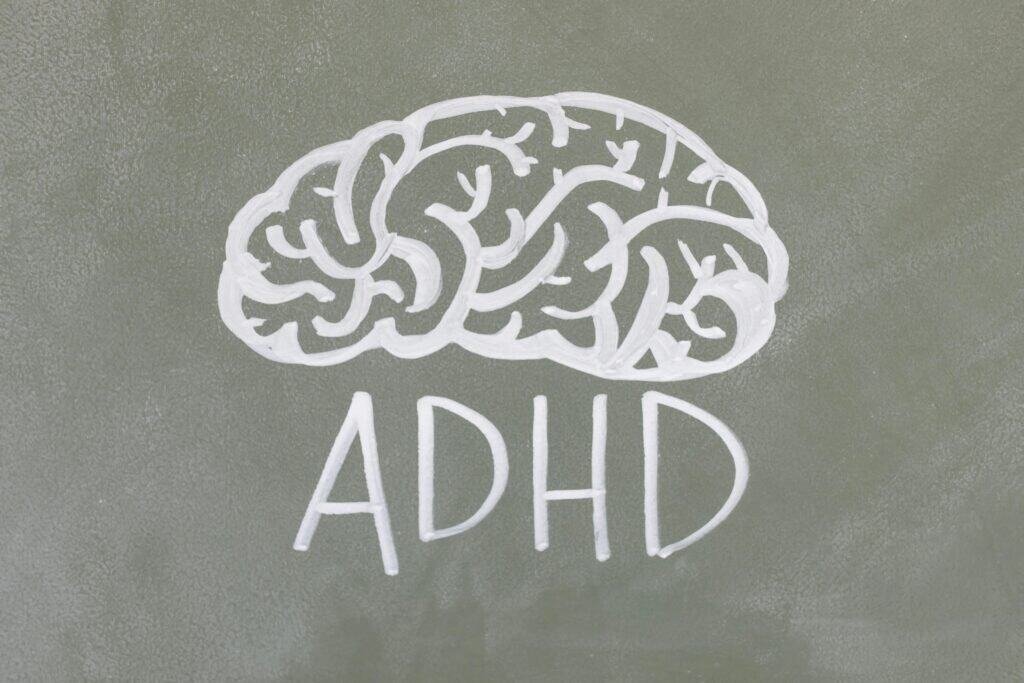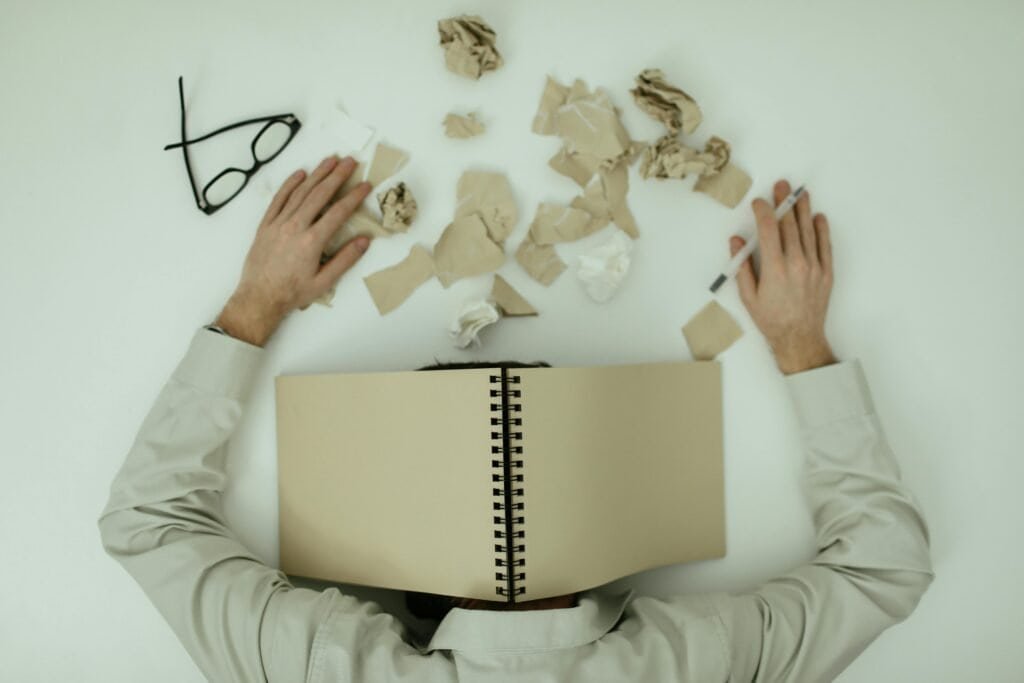
I get a lot of people who come into therapy and ask me this question: “Do you think I have ADHD?”
It usually comes after describing months or years of feeling disorganized, distracted, overwhelmed, or burned out — but also smart, creative, driven, and exhausted by how much effort it takes to function.
We’re hearing more about ADHD than ever before. It’s in our feeds, on podcasts, in conversations with friends. The language around attention, focus, and executive function is everywhere — and for some, it can feel like someone finally turned the lights on.
Maybe you relate to things you never had words for.
Maybe you feel seen in a way you never have before.
Maybe you’re wondering, “Wait… has this been me all along?”
What Is ADHD?
ADHD, or Attention-Deficit/Hyperactivity Disorder, is a neurodevelopmental disorder characterized by persistent patterns of inattention and/or hyperactivity-impulsivity that interfere with functioning or development, often impacting focus, organization, time management, and impulse control across multiple settings such as work, school, or home. To read more about ADHD, go to my article here.
The Real Question Isn’t About ADHD
Often, when someone asks if they might have adult ADHD, there’s another question underneath.
Why do I feel so behind, even when I try so hard?
Why does everyone else seem to manage life so easily?
Why do I keep dropping the ball, zoning out, or feeling like I’m not living up to my potential?
That’s where things get tender. Not because you necessarily need a diagnosis — but because you’re searching for a way to make sense of your experience. You’re trying to understand why things feel harder than they should.
Whether or not you meet criteria for ADHD, that pain is real. That desire to finally understand yourself, to stop shaming yourself, to figure out what supports you — that’s valid. That’s important.

We're Living in a Distracting World
Here’s something we often overlook — we live in a world that’s overwhelming by design.
Constant notifications. Ten tabs open. A to-do list that grows faster than you can cross things off. Being pulled in every direction, and expected to keep up with it all.
No wonder so many people are wondering whether something deeper is going on.
No wonder attention, focus, and regulation feel like they’re in short supply.
Sometimes, it is ADHD.
Other times, it’s stress, trauma, burnout, sensory overload, or years of internalized pressure.
What If the Real Work Isn’t About the Label?
Instead of asking “Do I have ADHD?” — maybe the more helpful question is, What’s actually going on inside me? And how can I respond with more understanding?
That’s where therapy can help. Not by handing you a label, but by helping you make meaning. By offering a space to untangle the chaos, reconnect with your values, and learn tools that actually match the way your brain works — whatever your brain is like.
Because the truth is, whether you’re officially diagnosed or just deeply tired of managing it all, your experience is worth taking seriously.
Not everything needs a name to be valid.
Not every struggle is a disorder.
But when you’re asking yourself questions about how you function — and how you feel about it — that’s the beginning of healing. That’s the beginning of choice.
If you’ve been silently wondering, “Do I have ADHD?” — you’re not alone, and you don’t have to keep carrying the question on your own. Whether you’ve lived with these struggles for years or are just starting to connect the dots, there’s support available that doesn’t involve shame, pressure, or rushing to a label.
As an ADHD therapist in Canada, I work with adults across Canada who are navigating these same questions — around focus, memory, emotion regulation, and self-trust. Therapy can be a space to unpack what’s been hard, and to finally work with your mind instead of against it.

About the Author
Jessica Miskiewicz is a Canadian Registered Clinical Counsellor, Psychotherapist and Owner of Journey Therapy. She supports individuals living with ADHD or ADHD symptoms across Canada through virtual therapy. Learn more at Journey Therapy or book a free 15 minute consultation.